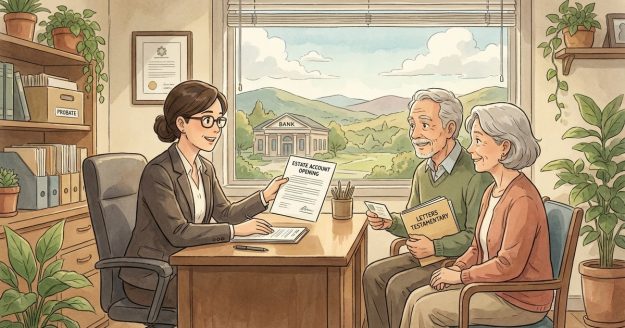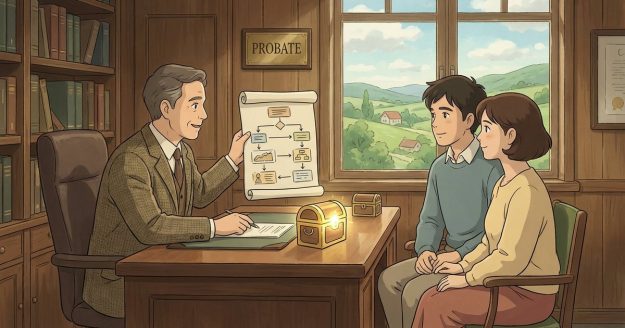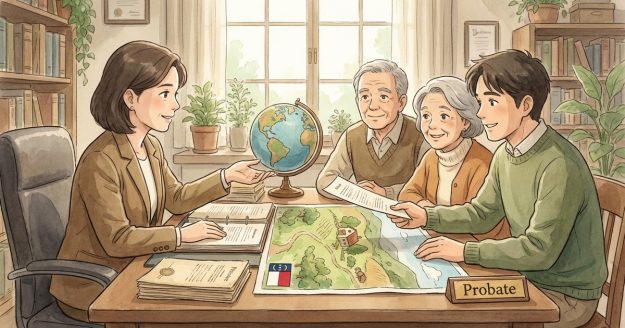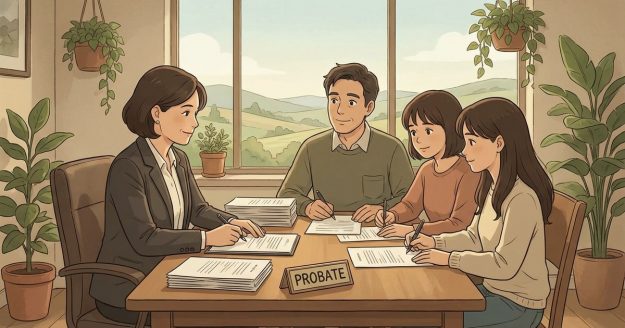Can I set up the estate account at the same bank where I already have a personal account, and will the account be under my name as executor? nc
Can I set up the estate account at the same bank where I already have a personal account, and will the account be under my name as executor? – North Carolina Short Answer Yes. In North Carolina, a court-appointed executor (also called a personal representative) can usually open an estate checking account at the same…











